People on the Move – Dossier on Migration (02/2016)
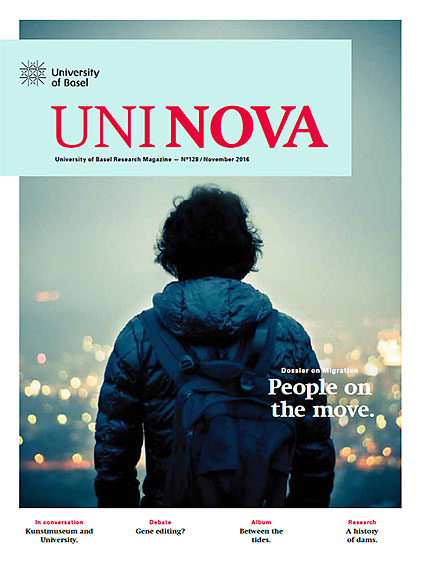 Download (PDF, 9 MB)
Download (PDF, 9 MB)
Fleeing from war and persecution, seeking work or simply commuting between countries or continents: Never before were there so many people in transit. Migration is considered to be one of today’s greatest challenges.
Subscribe to UNI NOVA-
 Dossier
DossierMigration holds the key to the future
Text: Walter Leimgruber / The idea of society as a stable structure providing those born into it with a clear framework of shared belonging while demarcating them from «others» is a concept which only arose with the modern nation state – and it is already obsolete.
-
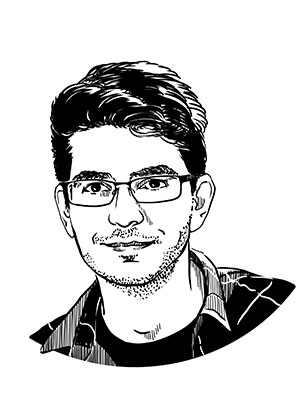 Dossier
DossierThe economy benefits from immigration
Text: Christoph Dieffenbacher / Immigration from the European Union is especially beneficial to highly qualified Swiss nationals, while low-skilled foreigners are among those hardest hit. Economist Ensar Can from Basel has investigated the relationship between immigration and job security.
-
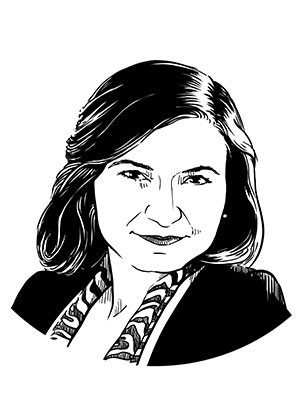 Dossier
DossierThe fall of the border guards
Text: Irène Dietschi / Political sociology professor Bilgin Ayata explains the surge in migration toward Europe largely as a consequence of the Arab Spring. In cozying up to Turkey’s Erdogan regime over the refugee crisis, the European Union has shown that it learnt nothing from previous events in Libya and the Arab Spring, she argues.
-
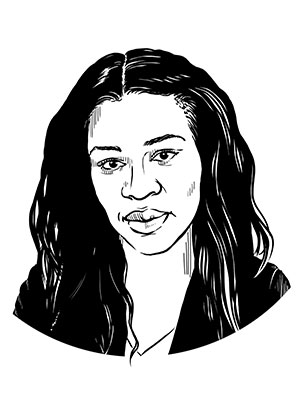 Dossier
DossierHighly skilled migrants in Senegambia and Switzerland
Text: Pascal Schmid / Diplomats, academics, scientists and professionals: Many well-educated people live on different continents and experience foreign cultures. The doctoral researcher Khadeeja «Haddy» Sarr is examining life experiences, transnational activates and decision-making of highly skilled migrants from Senegambia living in Switzerland and Swiss migrants living in the Senegambia region.
-
 Dossier
DossierCareers on the move
Text: Samuel Schlaefli / Increasingly, highly qualified professionals live and work in different locations. Cultural studies expert Katrin Sontag has examined mobility among business founders, and believes it is time to revise our concept of migration.
-
Dossier
A diverse religious heritage
Text: Urs Hafner / Like other immigrants, many migrants from the former Yugoslavia look to religion – both Islam and Christianity – for a sense of direction. Maurus Reinkowski is an academic specializing in Islamic studies. He stresses the need to take a historically informed view on the role of religion in shaping identity.
-
 Dossier
DossierVote influences where people choose to live
Text: Christoph Dieffenbacher / Negative attitudes towards foreigners can influence where they decide to live in Switzerland. This is the conclusion reached by the economists Michaela Slotwinski and Alois Stutzer from Basel University, based on an analysis of the minaret vote and data on where foreigners in Switzerland choose to live.
-
University
Open Auditorium
Since early 2016, the student association «Open Auditorium» (Offener Hörsaal) has enabled refugees with an academic background who live in the region to attend lectures and language courses.
-
 In conversation
In conversation«The university and the Kunstmuseum are both products of this city’s open-mindedness.»
Interview: Matthias Geering / Josef Helfenstein, who became director of the Kunstmuseum Basel in September, hopes to develop links with the university. He is working closely with researchers from numerous disciplines to prepare a major Chagall exhibition, which will open in fall 2017.
-
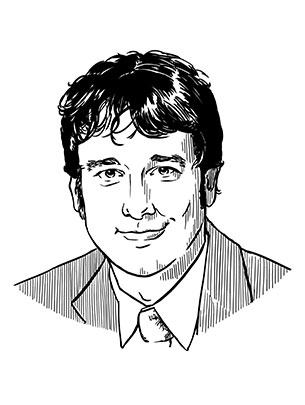 Opinion
OpinionAnimal-human embryos: monster or marvel?
Text: David Shaw / Hybrid embryos are created by the addition of human stem cells to animal embryos. What ethical issues are involved?
-
 Research
ResearchA cultural history of Switzerland’s dams
Text: Samuel Schlaefli / Dams are more than just pioneering technical feats. For the valley dwellers who had to move when they were built, they are often associated with life-changing upheavals and the loss of home. The website verschwundene-taeler.ch that has been started up in Basel relates for the first time the cultural history of the construction of Switzerland’s dams.
-
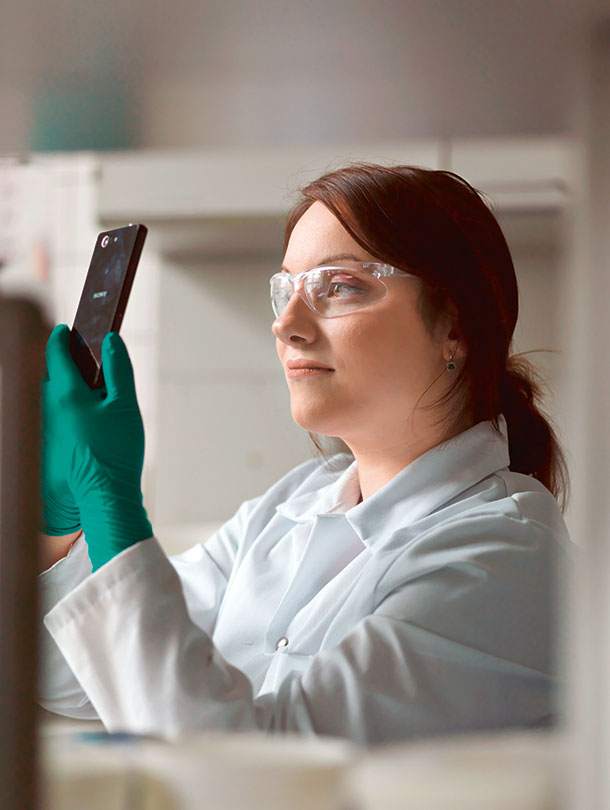 Portrait
PortraitLikes for the lab
Text: Olivia Poisson / Doing a doctorate can be a lonely business. Not so for Martina Hestericová, a chemist with a passion for making science more accessible on social media.
-
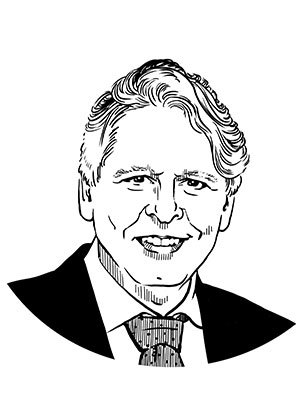 Opinion
OpinionCRISPR/Cas9 – Opportunity or Risk, Rolf Zeller?
Text: Rolf Zeller / Discovered just a few years ago, the CRISPR/Cas9 method promises new possibilities for editing the genome of living creatures. While some see this as an opportunity, others focus on the risks of this efficient technology.
-
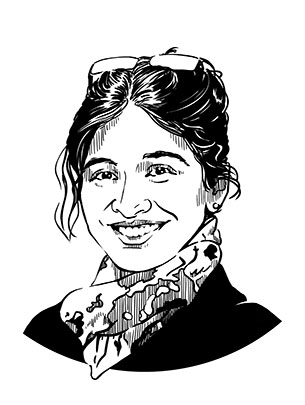 Opinion
OpinionCRISPR/Cas9 – Opportunity or Risk, Priya Satalkar?
Text: Priya Satalkar / Discovered just a few years ago, the CRISPR/Cas9 method promises new possibilities for editing the genome of living creatures. While some see this as an opportunity, others focus on the risks of this efficient technology.
-
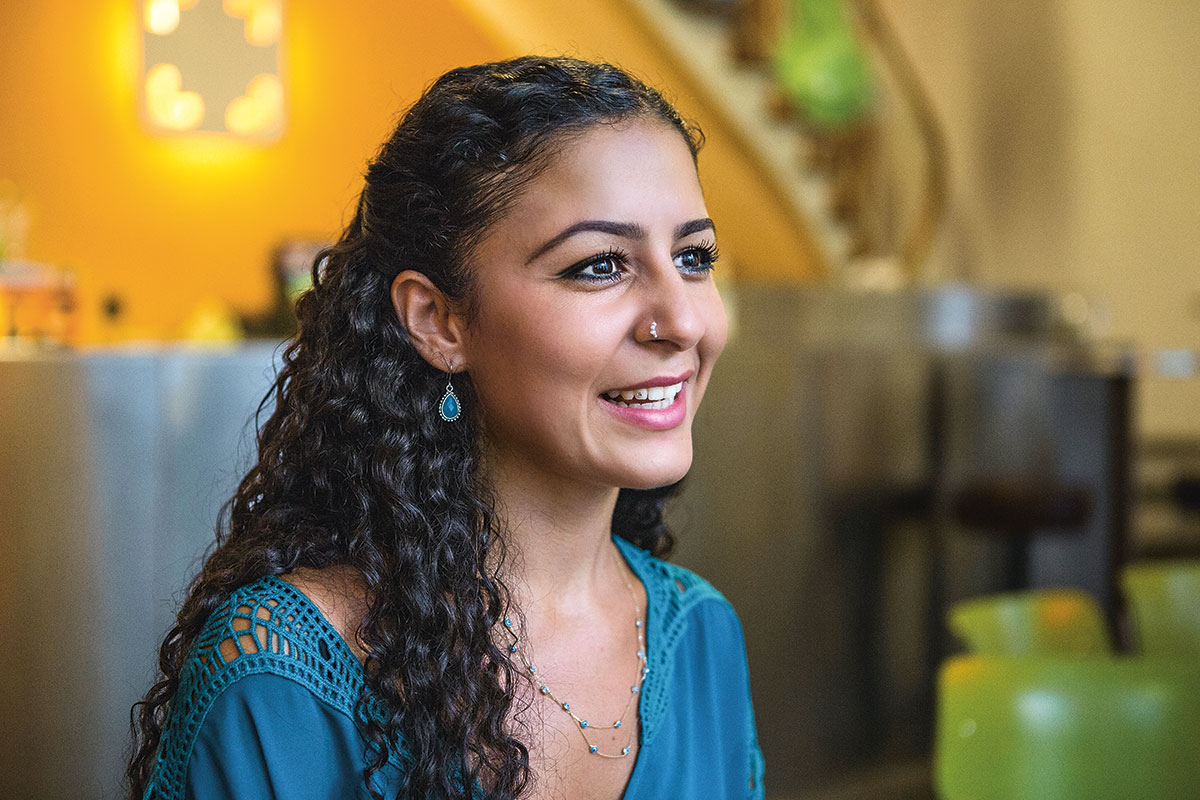 Alumni
AlumniDerya Tokay-Sahin, criminal court judge
Text: Bettina Huber / This summer, aged just 27, the Basel University alumna Derya Tokay-Sahin overcame fierce competition to be re-elected as a judge on Basel’s criminal court. Doggedness, discipline and determination have been her hallmarks ever since she was a child.
-
 Research
ResearchNew treatment concepts for recurrent lymphoma
Text: Yvonne Vahlensieck / Cancer recurrence is not always what it seems, at least not in lymphoma, or cancer of the lymphatic system. A study conducted at the Institute of Pathology of the University of Basel has revealed how the genetic profiles of tumors could, in the future, help identify the appropriate therapy for each patient with lymphoma relapse.
-
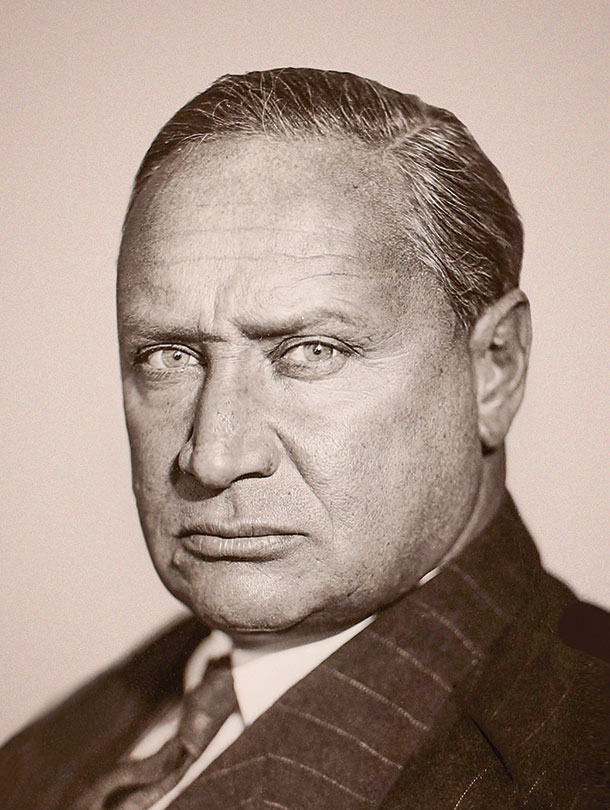 Research
ResearchAn almost forgotten pioneer
Text: Martin Hicklin / Healthy aging is an aspiration for many and a hot topic in research. The Basel physiologist Fritz Verzár (1886–1979) is regarded as a trailblazer for modern gerontology. Although largely forgotten today, his ideas are now being taken up once again.
-
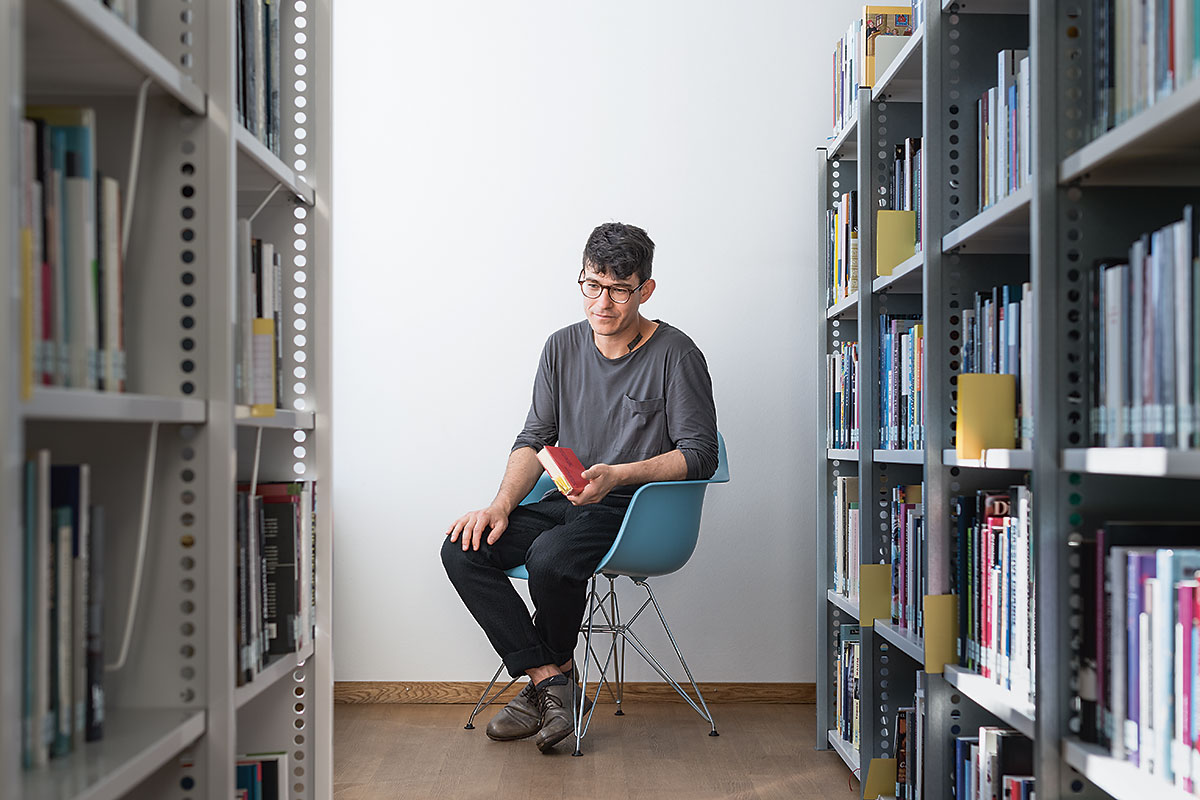 Column
ColumnLanguages of Art: Nelson Goodman’s theory of symbols
Text: Markus Klammer / My book: The art historian Markus Klammer recommends the American philosopher Nelson Goodman`s «Sprachen der Kunst».

